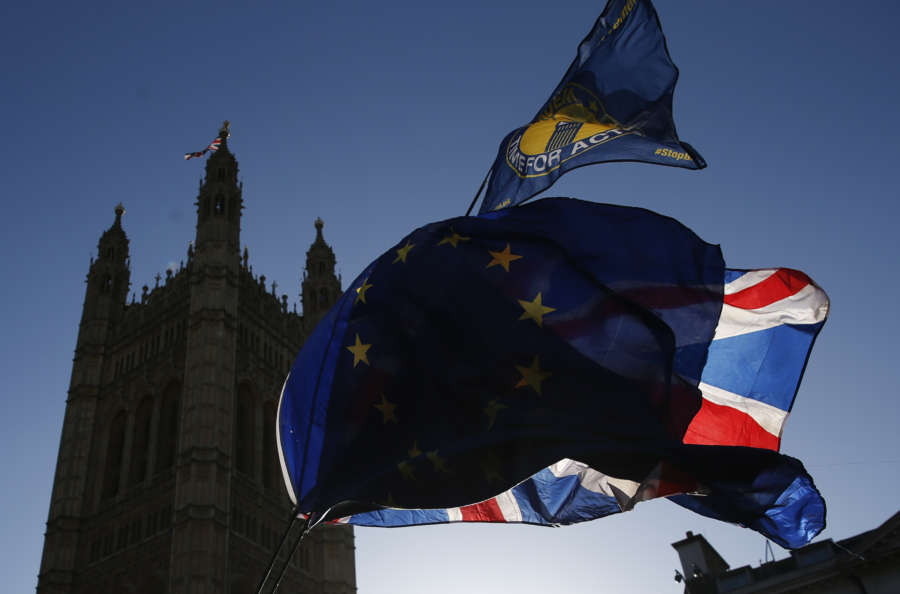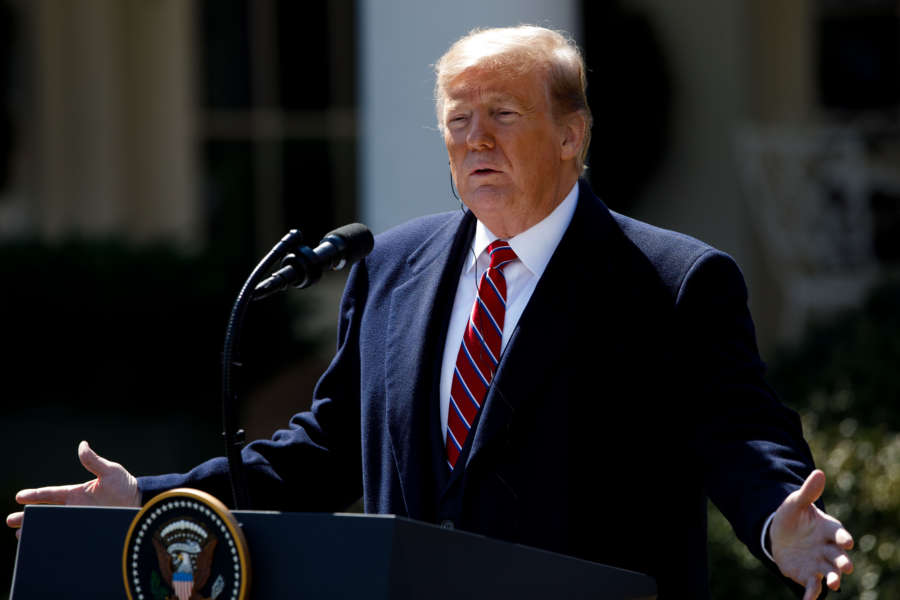UK Prime Minister Boris Johnson was confronted with issues regarding development on the Brexit front and the ongoing coronavirus pandemic as he chaired a Downing Street meeting with most of his senior ministers for the first time after a lengthy summer recess.
According to local media reports, Number 10 on Tuesday played down prospects of reaching a Brexit trade deal, with an official spokesperson for Johnson saying it will be very difficult, heaping blame on Brussels’ insistence on tackling tough issues before a deal can be brokered, reports Xinhua news agency.
Earlier in the day, the UK’s chief negotiator David Frost met his EU counterpart Michel Barnier in London for informal talks ahead of the next round of formal talks next week.
The EU side is expected to hold a critical meeting next month when it hopes to finalise a trade agreement with the UK.

It said it needs approval in October to enable the 27 member states of the bloc to have enough time to sign-off any agreement before the end of this year.
Time though, said political analysts, is running short with a deadline looming in a matter of weeks.
The Guardian said Johnson’s official spokesman conceded that hopes of a deal were dwindling.
“The EU continues to insist that we must agree on difficult areas in the negotiations, such as EU state aid, before any further work can be done in any other area of the negotiations, including on legal texts, and that makes it very difficult to make progress,” the spokesperson said in a media briefing after the cabinet meeting.

The spokesperson said an agreement with Brussels was still possible, but warned it would not be easy to achieve because of differences between the two sides.
The Guardian said Brussels has consistently said it wants to see issues such as the fisheries policy and state aid settled upfront.
Johnson’s spokesperson said: “We’ll set out further detail of our domestic regime in due course. After the transition period, the UK will have its own regime of subsidy control, and will not be subject to the EU’s state aid regime. We have been very clear about that throughout.
“The UK’s future subsidy arrangements are a matter for the British people and parliament, not the EU.”
Although the UK ended its membership of the bloc on January 31, it is abiding by EU rules during a transition period which expires December 31.
Johnson has insisted that the UK will not seek an extension, which would mean the country trading with the EU on WTO terms from January if there is no deal in place.
Meanwhile, Johnson is facing calls to address a meeting this week of backbench Conservative MPs at Westminster.
Many MPs are said to be disillusioned by the number of government U-turns on high school exam results and other issues linked to the pandemic.

Their concerns were heightened by the latest opinion poll showing the ruling Conservatives and main opposition Labour running neck and neck on 40 points each.
Just months ago the ruling party was racing ahead with a 26 point margin.
Johnson’s spokesperson told the media briefing that U-turns were an inevitable part of responding to an unprecedented situation.
“We have been responding to a global pandemic with an entirely novel virus and we have been guided by the scientific advice and as more is learned about the virus then we have ensured we have taken the right steps to keep the public safe.
“But the Prime Minister is clear the government will not be knocked off course of levelling up the country,” the spokesperson added.
Also Read-US steps up vaccine development efforts









